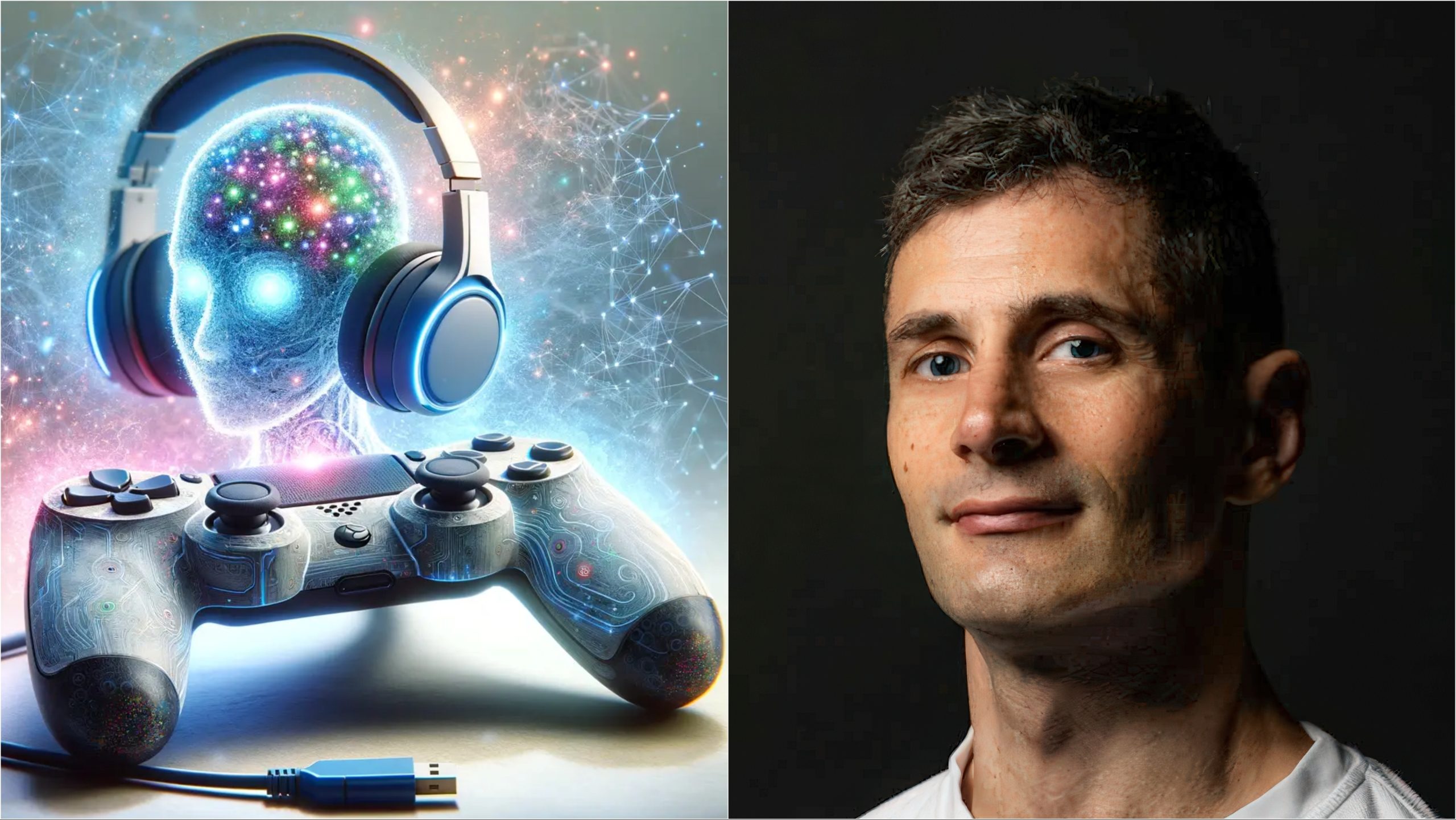Copyright Wccftech

With each passing month, artificial intelligence creeps into more industries. That does not exclude the gaming industry, which has long used artificial intelligence to populate its virtual worlds. Still, the generative AI that is taking root everywhere offers much more power, and also much greater risk, compared to what gaming developers were used to. Big companies like Microsoft, Amazon, and EA are already laying off (or thinking about laying off) employees to invest further into artificial intelligence. What do the actual developers think about this artificial intelligence revolution? Their takes, as you would expect, are quite varied. The creator of Super Smash Bros., Masahiro Sakurai, thinks generative AI can help make large-scale development manageable. Hideo Kojima, the man behind the Metal Gear and Death Stranding franchises, wants to use the technology to deal with more basic tasks while he can concentrate on the creative parts of game development and continue to 'stay ahead'. Richard Pillosu, co-founder of Spanish indie developer Epictellers Entertainment, shared a similar, albeit more clear-cut opinion in an interview with Wccftech, stating that there is no point in using AI in any creative endeavor. In my recent chat with DayZ creator Dean Hall about his studio's survival game ICARUS, I once again inquired about the stance that Hall and the RocketWerkz team have adopted regarding artificial intelligence. The game designer likened the widespread fears surrounding AI to adults 'losing their mind' when Google's search engine and Wikipedia emerged between the late 1990s and early 2000s. Then, he added that artificial intelligence is here to stay regardless of what people do. At RocketWerkz, they haven't found a need to use it with ICARUS, although Hall said they are using AI as a coding support tool for other projects. The designer reckons there's still some way to go before a more active use case makes sense, but did not seem averse to the idea. Here's the full quote: I'm part of that micro-generation that first had the Internet at school. It just sort of came in, and all the adults lost their minds over Wikipedia coming out and Google and it's going to be the end of information. It feels a little bit like that. I think that regardless of what we do, AI is here. So really, then, it's about a matter of how do we deal with what the impact of that is. We handcraft our maps and a lot of stuff. We like to say games are played, not made. For us, there's not really a lot of stuff that we use AI on for ICARUS because the whole idea of it is we want to sit down and handcraft an experience. That's not a judgment against AI. It's more, that's what we really wanted to do. We wanted to sit down and sketch a big map out on a whiteboard and then see it come to life. Our lead world builder actually worked at Bethesda for a while and just loves worldbuilding. We do utilize AI for some of our other projects as a coding support tool. We get an AI model, expose it to our codebase, and that means you can ask it questions, which is really helpful because one person can't easily have the whole codebase in their head so that we can expose the codebase to it and then ask it questions. As to getting it actually to do work, I don't think we are necessarily quite there yet. While actual game developers share their thoughts about AI usage in the industry, Elon Musk has thrown the gauntlet and promised that the xAI division would release a full-scale AI-generated game before the end of next year. It's a highly ambitious goal, but then again, the technology is advancing at an unprecedented rate.



